Table of Contents
ToggleSources
- https://www.archives.gov/founding-docs/bill-of-rights/what-does-it-say
The National Archives provides authoritative information on the Bill of Rights, including the First Amendment, which directly supports the discussion of the freedoms guaranteed by the First Amendment in the blog post. - https://www.law.cornell.edu/constitution/first_amendment
Cornell Law School's Legal Information Institute offers a detailed and reliable breakdown of the First Amendment, including its text and interpretations, which is relevant to the post's discussion on freedom of the press and other First Amendment rights. - https://www.history.com/topics/united-states-constitution/first-amendment
History.com provides a comprehensive overview of the First Amendment, including its historical context and the freedoms it guarantees, which aligns with the blog post's examination of the First Amendment's freedoms and their importance. - https://www.freedomforum.org/first-amendment/
The Freedom Forum is a reputable organization dedicated to First Amendment rights. Their resources on the First Amendment, including freedom of the press, provide authoritative support for the blog post's claims about the importance and application of these freedoms. - https://www.supremecourt.gov/opinions/boundvolumes.aspx
The U.S. Supreme Court's official website provides access to its opinions, which include rulings on First Amendment cases. This is relevant for understanding the legal limitations and applications of freedom of the press as discussed in the blog post.
Key Points
- The U.S. Constitution faced ratification challenges due to concerns over inadequate freedoms, leading to the creation of the Bill of Rights.
- The First Amendment guarantees five key freedoms: religion, assembly, petition, speech, and press, all related to self-expression.
- Freedom of the press applies broadly to any printed material, not just newspapers, and includes digital and electronic media.
- The First Amendment applies to all U.S. residents, regardless of citizenship, age, or political affiliation.
- Freedom of the press allows publishers to control what they print and protects them from government coercion or censorship.
- The press serves as a watchdog over government activities, essential for maintaining democracy and accountability.
- There are sensible restrictions to press freedom, such as prohibitions against libel, false information, and threats to national security.
- Reporters cannot be forced to reveal confidential sources, a key protection under freedom of the press.
- The Founding Fathers, like Jefferson and Madison, designed the First Amendment to provide checks on government power.
- The freedom of the press is vital for fostering a vibrant marketplace of ideas and ensuring democratic governance.
Summary
The blog post explains how the U.S. Constitution's ratification led to the creation of the Bill of Rights, with the First Amendment guaranteeing five key freedoms, including freedom of the press. It highlights how this freedom allows unrestricted expression through various media while noting sensible limitations like libel and national security concerns. Ultimately, the First Amendment ensures a free press as a vital check on government power, essential for maintaining democracy.
Constitution Ratification Led to Implementing Freedoms
When the delegates to the Constitutional Convention completed the United States Constitution, they faced the difficult job of getting it ratified.
Many state leaders were concerned that the Constitution did not include adequate freedoms. Without guaranteeing these freedoms, prominent leaders in the states threatened to work against ratifying the Constitution.
Origin of the Bill of Rights
To gain support for the United States Constitution, the framers promised that specific amendments would be added. Ten amendments in all were soon adopted that collectively became known as the Bill of Rights.

Get Smarter on US News, History, and the Constitution
Join the thousands of fellow patriots who rely on our 5-minute newsletter to stay informed on the key events and trends that shaped our nation's past and continue to shape its present.
Five Freedoms Promised by First Amendment
The First Amendment, ratified as part of the Bill of Rights on December 15, 1791, guaranteed five specific freedoms. The First Amendment provides freedom of religion, freedom of assembly, freedom to petition the government, freedom of speech, and freedom of the press.
This article will examine the First Amendment right to freedom of the press.
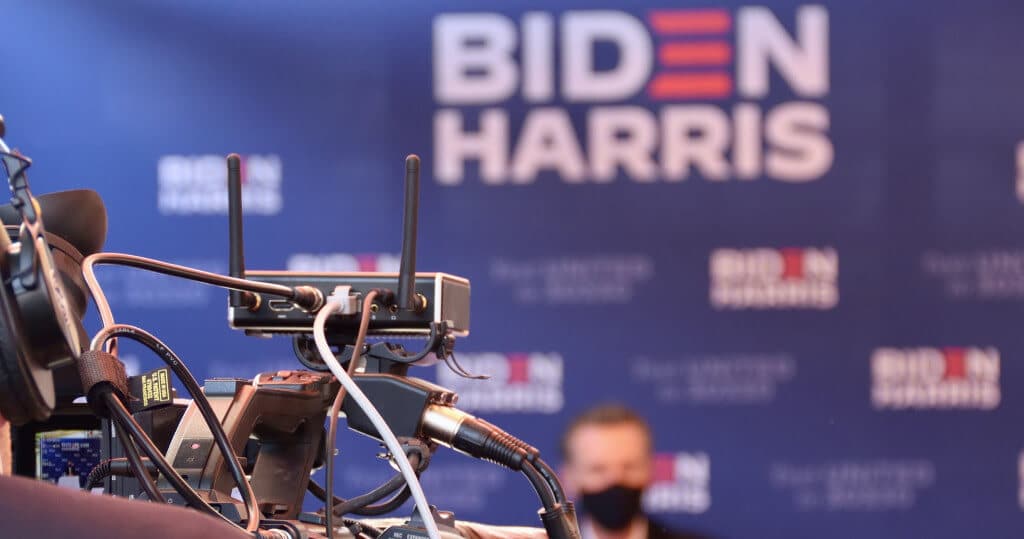
Similar Freedoms in One Amendment
The First Amendment guarantees separate but related freedoms. These five freedoms were grouped into one amendment because they are all areas of self-expression.
Though some of the 1st Amendment rights deal more with verbal expression, they all can deal with printed forms of expression.
For instance, with the freedom of religion, a person has the right to worship in ways that best follow that religion. This freedom gives practitioners of that religion the right to publish religious material that supports their religious views.
The freedom to petition the government is primarily an activity conducted with the printed word.
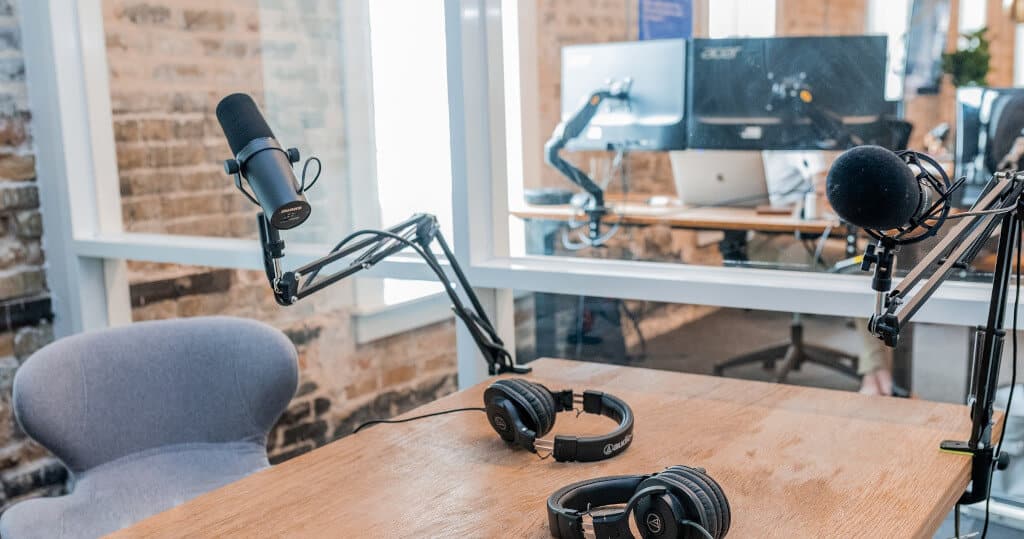
Additionally, freedom of speech is a verbal activity, but people are free to publish transcripts of lectures and debates.
In the same way, the freedom of assembly is a physical activity, but those who gather are free to distribute printed material during the gathering.
We usually think of the freedom of the press as referring to newspapers, but broadly speaking, it refers to any printed material.
How the 1st Amendment Is Applied
It is also important to note that the First Amendment applies to all people living in the country. Therefore, there are no citizenship, age, or political affiliation restrictions.
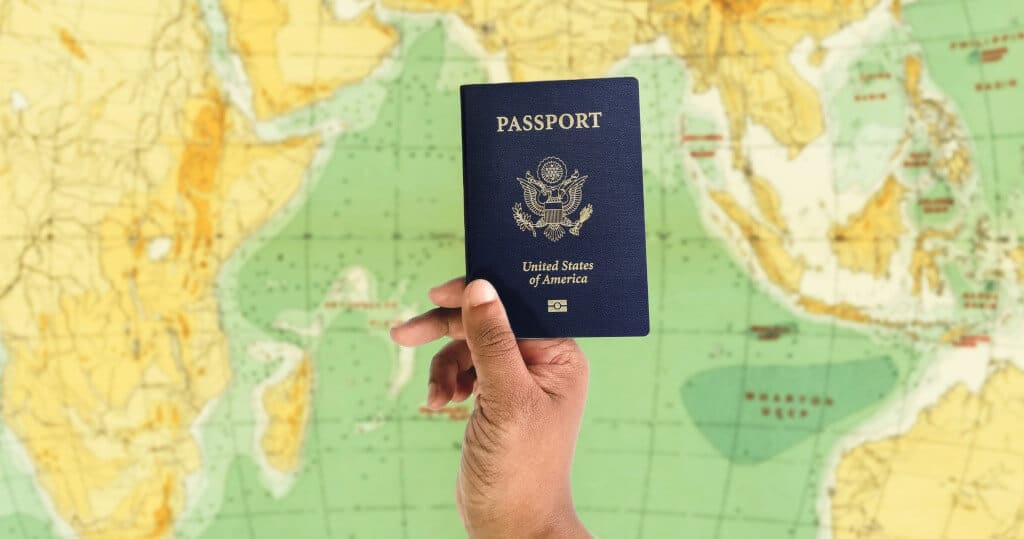
The right to print what you like also means that the government cannot require you to write anything you do not want to print.
Freedom of the press also means that you cannot be prevented from reading the words of others. People living in the United States have the right to access information.
Definition of Freedom of the Press
Like the First Amendment protection of freedom of speech, freedom of the press is a right to expression.
The obvious difference is that free speech is verbal and freedom of the press applies to what is printed.

More specifically, this First Amendment protection is the right of an author to have their work published by others.
However, it is not a guarantee of total non-interference from outside entities because, as freedom has been defined, there are some good sense restrictions.
The word “the” is also important in understanding the meaning of freedom of the press. As journalist A. J. Why summarized the freedom,
“Freedom of the press is guaranteed only to those who own one.”
In other words, in the minds of the writers of the First Amendment, “the press” refers to publishers of newspapers and periodicals.
As such, freedom of the press provides publishers complete control over the ideas and opinions or any information they wish to publish. This freedom also includes the right to refuse to publish something and be free from any coercion.
The provision of the freedom of the press creates a vibrant marketplace to field ideas with a wide range of opinions. A free press provides a platform for both the free expression of ideas and the dissemination of information.
The Fourth Estate
Journalists and publishers are free to print material critical of the President and other government members without fear of prosecution, intervention, or censorship.
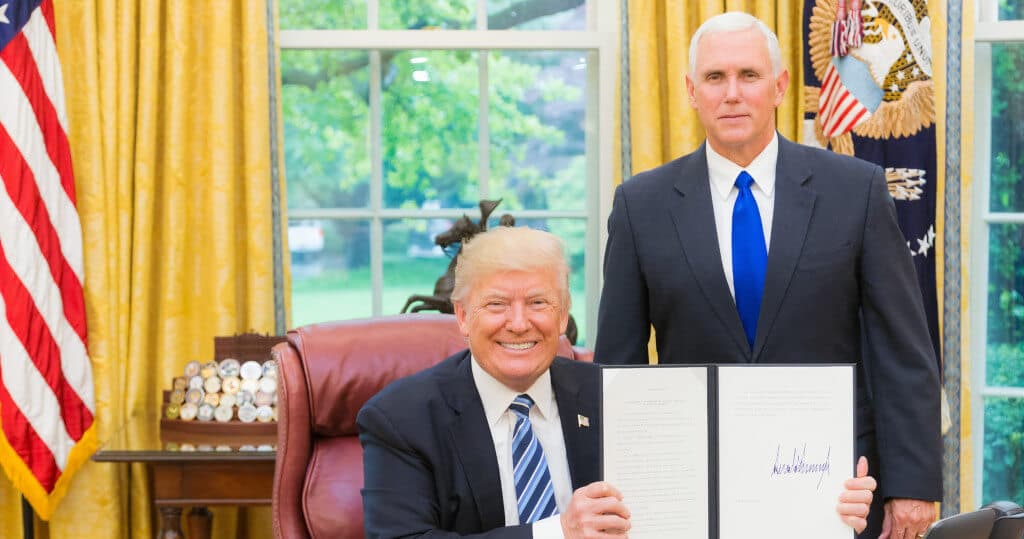
Therefore, the First Amendment freedom of the press sets up an environment of creating a watchdog of government activities.
This environment is critical to maintaining a democracy, where the free press holds the government accountable for its actions, serving the needs of the people and not the government.
Through the First Amendment, what is meant by the press has been expanded to many other media. For example, the press includes magazines, academic journals, pamphlets, billboards, and advertisements.
Additionally, the definition of the press has also come to include electronic and digital forms of news media.
Sensible Restrictions to Freedom of the Press
How far do the First Amendment freedoms go?
Are there limits to the freedoms spelled out in the amendment?
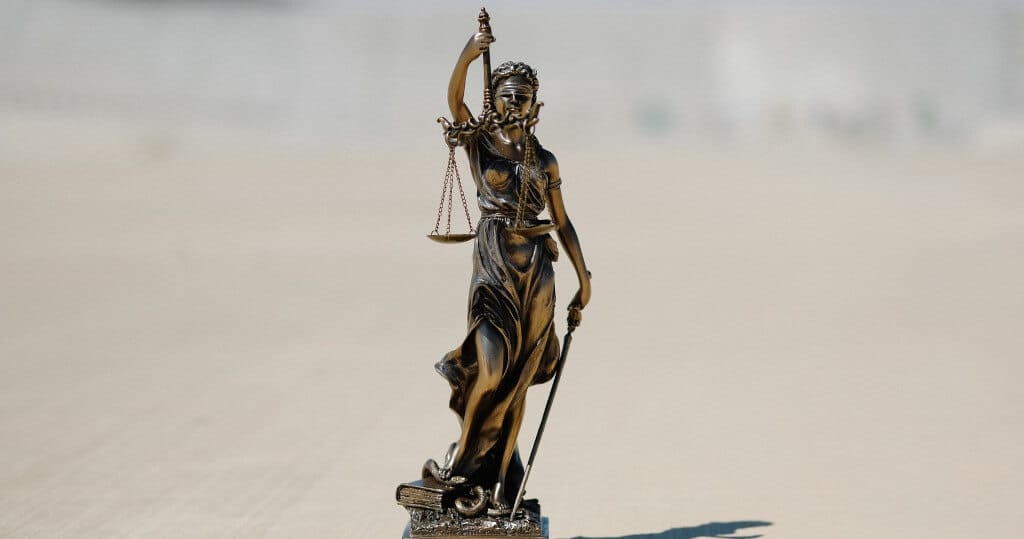
The courts have had to wrangle with this issue because of freedoms without some limitations. But unfortunately, these limitations mean the potential for those freedoms to infringe on other rights and liberties.
The irony of freedom is that it has to have boundaries for it to be observed.
Limitations on press freedom
Freedom of the press requires parameters and limitations in place. Here are some of the limits to freedom of the news media:
- A person is not protected from printing false information.
- A person cannot print false information about another person, known as libel.
- A person cannot publish information that compromises the security of the nation. This limitation is known as the “clear and present danger” test.
- A person cannot print information that would harm the country or undermine its security.
- Also, under the definition of the freedom of the press, reporters cannot be forced to reveal their confidential sources for the news stories they publish.
The Freedom of the Press, Essential to Democracy
Today, people living in the United States benefit significantly from the enlightened thinking of those who wrote the First Amendment.

Founding Fathers such as Thomas Jefferson and James Madison understood that there needed to be checks and balances to the powers given to the government members.
The rights provided in the First Amendment, such as the freedom of the press, help monitor and maintain the quality of the democracy United States residents enjoy.
The First Amendment Right of Freedom of the Press Quiz
Frequently Asked Questions
Why was the Bill of Rights added to the United States Constitution?
What are the five freedoms guaranteed by the First Amendment?
How does the First Amendment apply to freedom of the press?
Are there any limitations to freedom of the press under the First Amendment?
Why is freedom of the press considered essential to democracy?
How useful was this post?
Click on a star to rate it!
Average rating / 5. Vote count:
No votes so far! Be the first to rate this post.
We are sorry that this post was not useful for you!
Let us improve this post!
Tell us how we can improve this post?

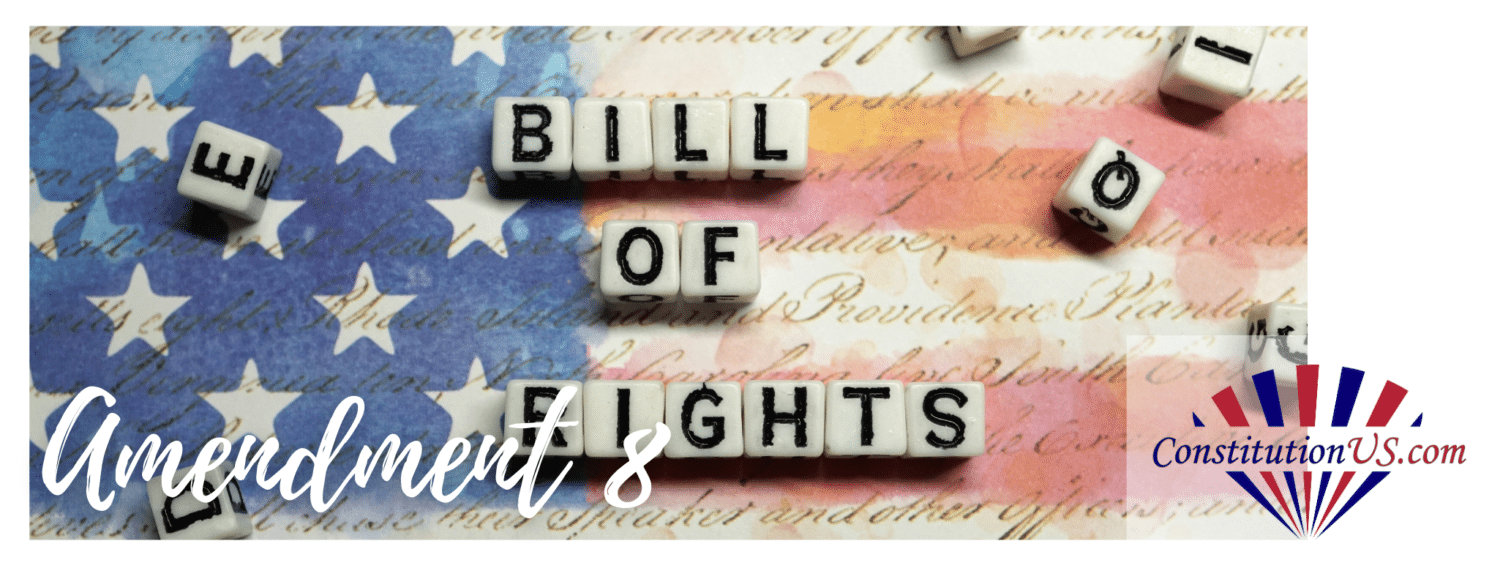
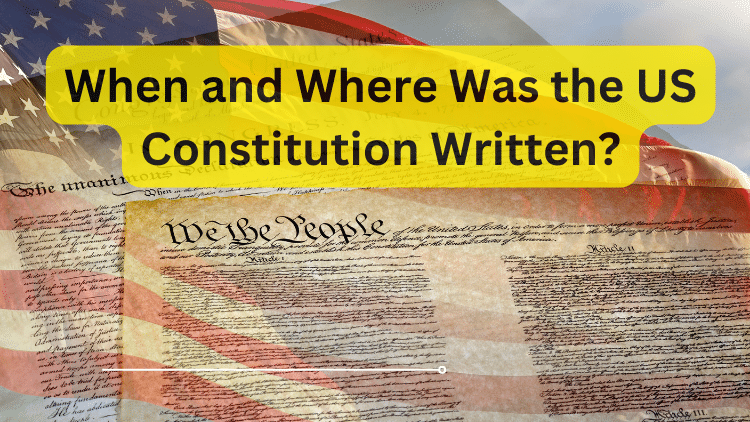

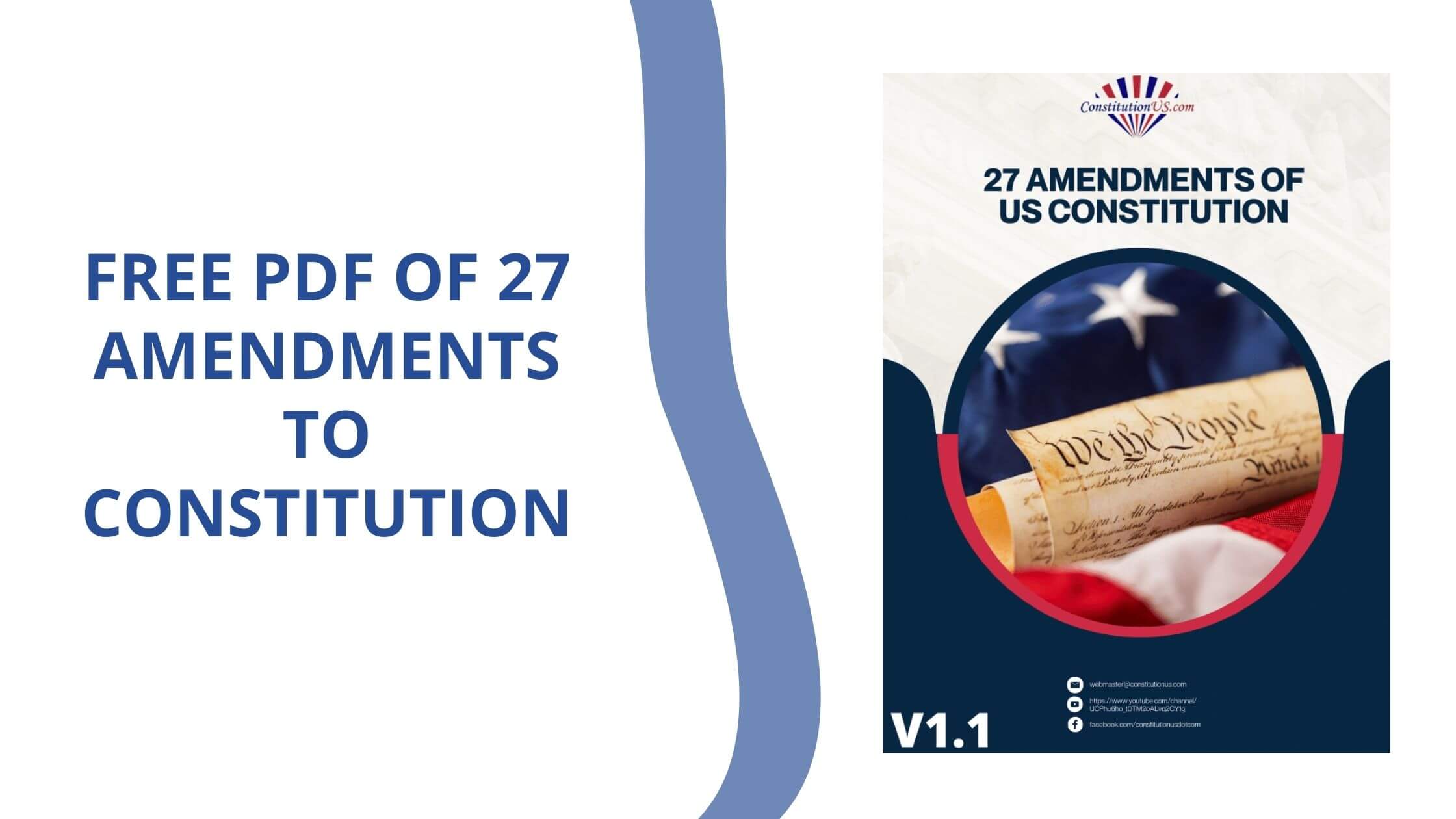

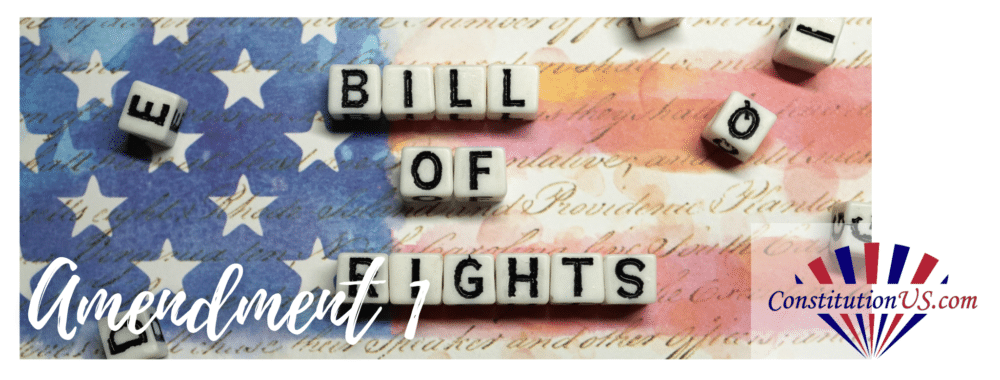
2 Responses
This Amendment regarding “Freedom of Press” protects the Publishing media from publishing what they want. I see one grave big-hole in this conept. The Freedom of Press given is OK but there is nothing what the Press should or must publish. What I am hinting is the practice today by major media of NOT PUBLISHING any Conservative ideas. I wish our fore-fathers had also defined what the Press is prohibited by not publishing or some equality in publishing everything. As such only message one Party is asked to do is “better conveying their message”. But if the majority of Publishing media blocks talking about certain ideas, how would the Democracy be served as needed. I hope/wish some scholar explain this missing idea from the Constitution.
UNITED STATES v. ASSOCIATED PRESS et al. Nos. 57, 58 and 59. Argued Dec. 5, 6, 1944. Decided June 18, 1945
It would be strange indeed however if the grave concern for freedom of the press which prompted adoption of the First Amendment should be read as a command that the government was without power to protect that freedom. That Amendment rests on the assumption that the widest possible dissemination of information from diverse and antagonistic sources is essential to the welfare of the public, that a free press is a condition of a free society. Surely a command that the government itself shall not impede the free flow of ideas does not afford non-governmental combinations a refuge if they impose restraints upon that constitutionally guaranteed freedom. Freedom to publish means freedom for all and not for some. Freedom to publish is guaranteed by the Constitution, but freedom to combine to keep others from publishing is not. Freedom of the press from governmental interference under the First Amendment does not sanction repression of that freedom by private interests.